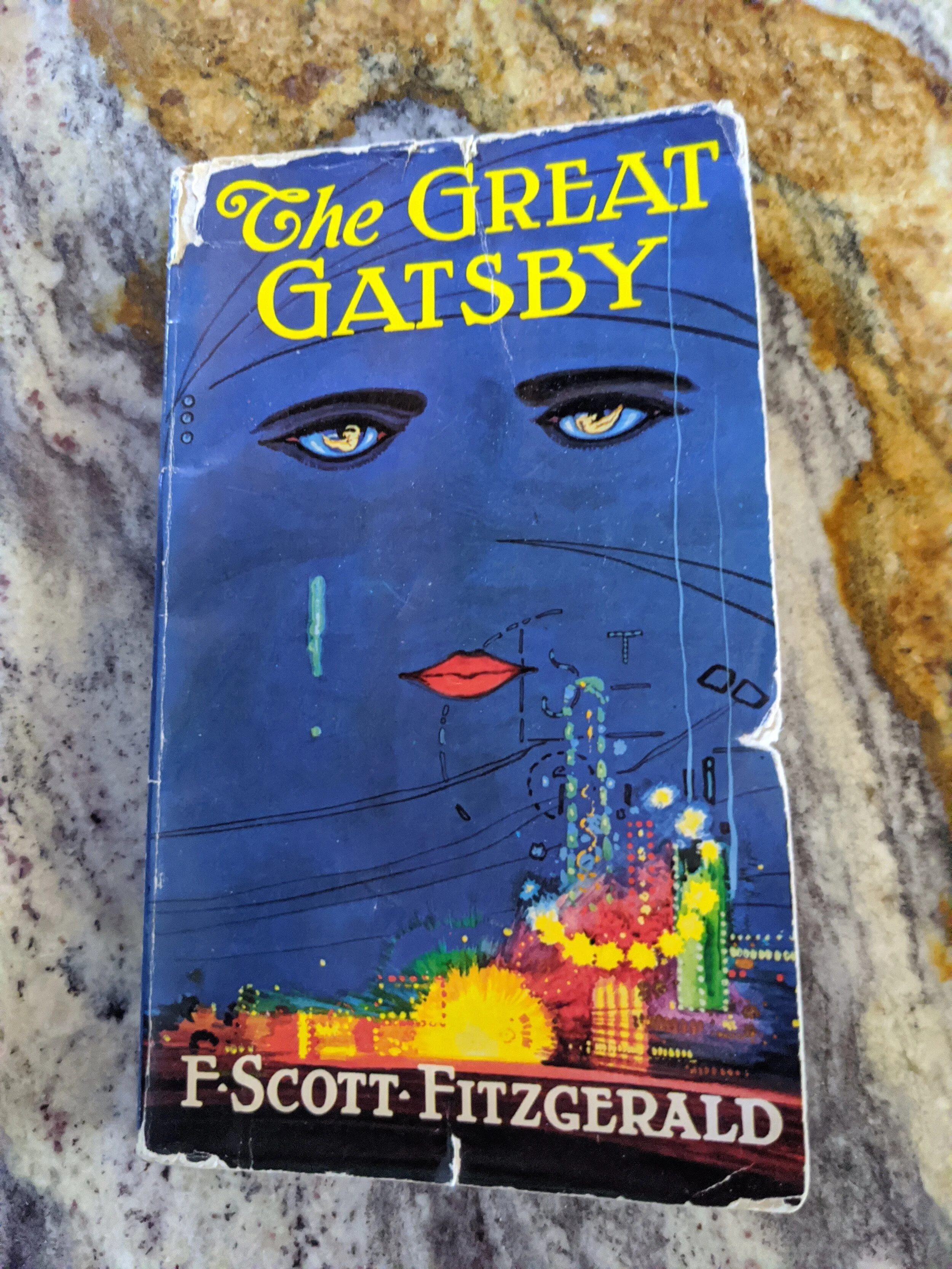Complete with hard-to-see honest progress bookmark
Well - it’s been a minute, hasn’t it? In the second half of 2021 a few things happened personally, professionally, and in the world at large. My postdoc contract ended in June and I took a new job in rover operations at ASU. While I was pretty excited about the opportunity, it also meant that I was working full time on campus for basically the first time ever. I also was joining a Mars mission early on enough that operations were still happening seven days a week and at craaaaazy early start times. In the meantime everyone seems to have decided that the pandemic is over and we can all go about our business (despite Delta, and now, Omicron). While I’m still being cautious I have definitely had more pressure to meet with people in person, entertain out of town guests, etc. that has been radically different from the way we lived for over a year.
The result of all this was I didn’t have a lot of time/energy to read in the latter half of 2021, much less blog about it. I feel a bit guilty about that, given how much I enjoyed reading in 2020 and early 2021, but it is what it is. Given that operations schedules have mostly calmed down, I hope to get back to it more in 2022. But who knows.
Here’s a short tour of the rest of the books I read in 2021:
The Paper Menagerie - Ken Liu (2016), short stories/science fiction
Oof. I was really hoping to like this one. A few of the stories are quite good! The title one especially. But on the whole, no, this did not do it for me at all. You 100% lost me at “fragments that had broken off the [asteroid headed for Earth] were headed for Mars and the moon”. No. Just no. I can suspend disbelief to a point but if you’re going to write science fiction at least pretend to understand orbital dynamics. Also, ending the collection with ‘The Man Who Ended History’? I mean I guess where else could you plausibly put it, but also, yikes? Going out on a torture note made me enjoy this book even less.
To the Lighthouse - Virginia Woolf (1927), literary/historical fiction
This is some goddamned good writing. It’s difficult, for sure - the sudden shifts in point of view, the asides, the period references. I didn’t originally intend to order the annotated version and yet I ended up glad that I did - the introduction gave a lot of context that was actually important, and the references were insightful. Truly, not much really happens in this book except some of the characters (spoiler alert) die off stage and yet.. and yet. It’s a lovely set of meditations on families, femininity, humanity, etc, and I’m better for having encountered it. The dinner scene is wonderful. That said, it was a read that required some dedicated time set aside to process. I read the bulk of it on my birthday vacation/retreat in July and the rest not until Thanksgiving gave me a few days off.
(close) Blue Mars - Kim Stanley Robinson (1996), science fiction
Meh. To be completely fair, I am still ~150 pages from completing this, so I can’t rule out the possibility that it suddenly gets amazing. After Red Mars I have really struggled with Green Mars and this. I’ve had a really hard time accepting that the original characters are a bajillion years old, and somehow the later generations are just not as interesting. This book in particular gets so far from first book’s premise of settling on Mars and lets its artificially ancient characters flit about the solar system. I literally have been abandoning and returning to this book for a year and hope to finally finish it soon. (See sad progress book mark above). But I spent enough time with it this year that I feel justified in including it.
The Liar’s Dictionary - Eley Williams (2020), contemporary/historical fiction
This was fun, but to be honest, not as fun as I’d hoped. It suffers mainly from a lack of side characters and plot. There are two alternating protagonists, but all that’s going on is their existential crises. Neither one has any friends?! Mallory has a girlfriend and her boss but seemingly no parents or friends. Peter only has only his random crush and his co-workers. I liked the two poor insecure protagonists but they live in such a constrained world. Also, there’s a bit about factory explosion that’s really unclear that it’s not a train crash and doesn’t do anything for the plot?! Maybe I just missed the mark on this one. The invented words are fun! I just wish it had gone somewhere.













